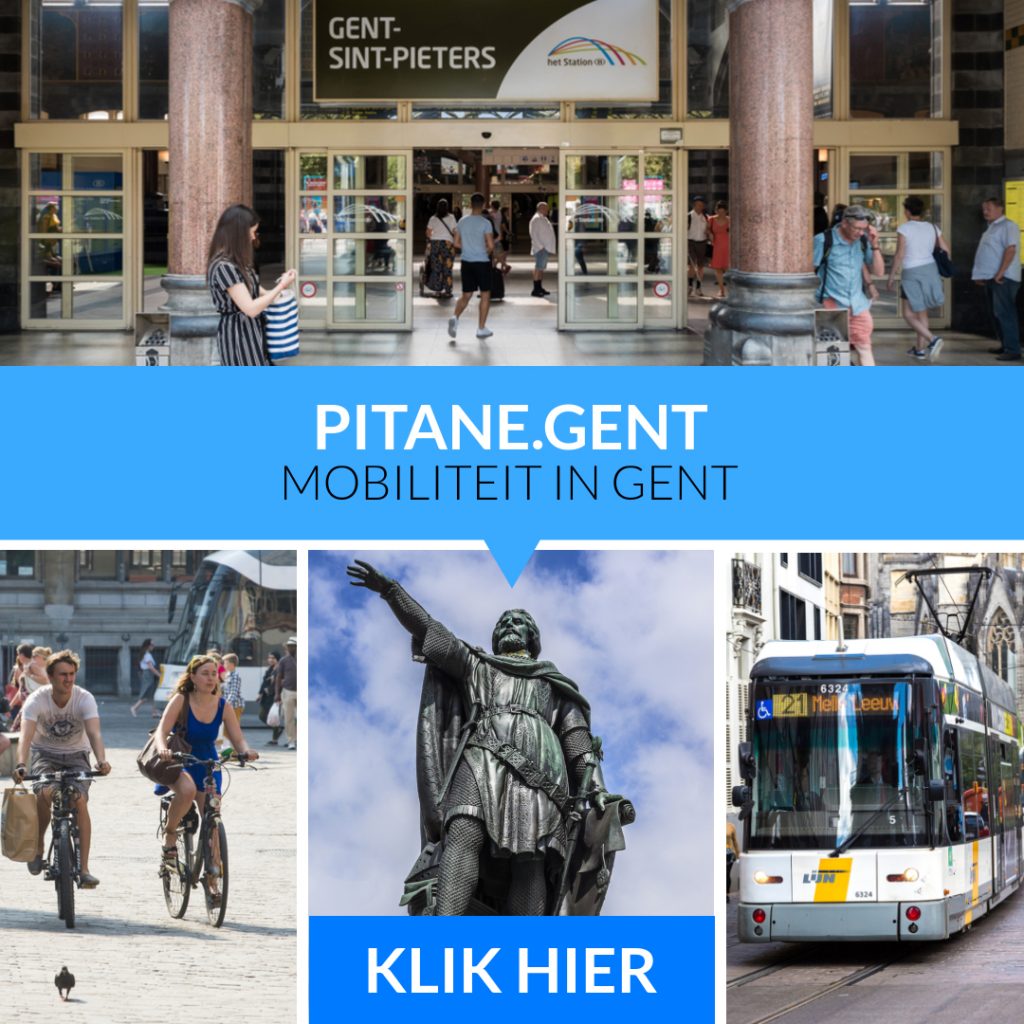When the new taxi decree comes into effect on 1 January 2020, the fixed rates will disappear in the taxi. A number of other taxi rules will also be deleted, such as the maximum of 1 taxi per 1.000 inhabitants, which will disappear. The restriction of the scope to the territory of a municipality is canceled. Taxi companies can now work all over Flanders.
At the same time, a new rule will be introduced because every taxi driver will have to be able to speak Dutch with his customers. Local authorities can still issue permits for certain places such as a train station or an airport for a taxi.
The return of the Austrian night trains
From mid-January, a night train will run twice a week between Brussels and Vienna. The trains will depart from Brussels on Monday and Thursday at 18.04:11 pm, arriving the following morning in Vienna or Innsbruck. On Sunday and Wednesday evenings, trains will depart from Austria, arriving in Belgium by XNUMXam.
Cash money disappears from public transport
From 1 July, it is no longer possible to pay cash on the De Lijn bus and tram. You will have to pay contactless, with a bank card or with an app. Anyone who still wants to pay for a ride with cash will have to get a ticket in presale at a Lijnwinkel or, for example, a newspaper shop.
Strike through subsidy for electric car
From 1 January, Flanders will no longer subsidize electric cars, because the Flemish Minister for Energy Zuhal Demir (N-VA) ruled that they missed their target. If you order an electric car by December 31 at the latest, you can still enjoy the premium of up to 4.000 euros.
Bicycle allowances for over 450.000 employees
Workers from the metal sector are entitled to a bicycle allowance of 1 euros per kilometer from 0,15 January, with a maximum of 6 euros per day. From 1 July, the 450.000 white-collar workers who fall under Joint Committee 200 will also be entitled to a bicycle allowance. Servants who regularly come to work by bicycle, can receive a bicycle allowance of 0,10 euros per kilometer driven, with a maximum of 4 euros or 40 kilometers per working day.
“Flemish terminology: white-collar workers mainly perform manual and head work respectively. Workers are paid an hourly wage, white-collar workers a monthly wage. A worker can be economically unemployed, an employee in principle not. ”
Inner city will become a low-emission zone
Polluting cars will no longer enter Ghent from 1 January. Ghent's city center will become a low-emission zone, in short LEZ. Diesel vehicles must also have at least Euronorm 5 in Antwerp, petrols at least Euronorm 2. Diesel vehicles with a Euro 3 standard are prohibited in the Brussels-Capital Region.
Also read: Most polluting cars no longer enter Ghent




